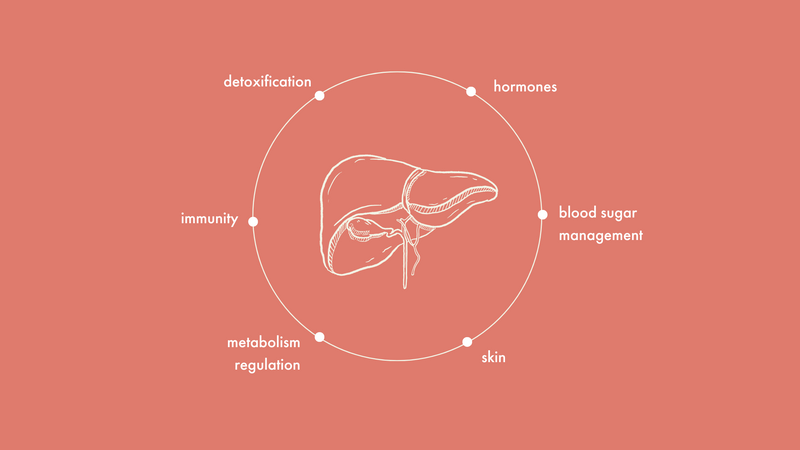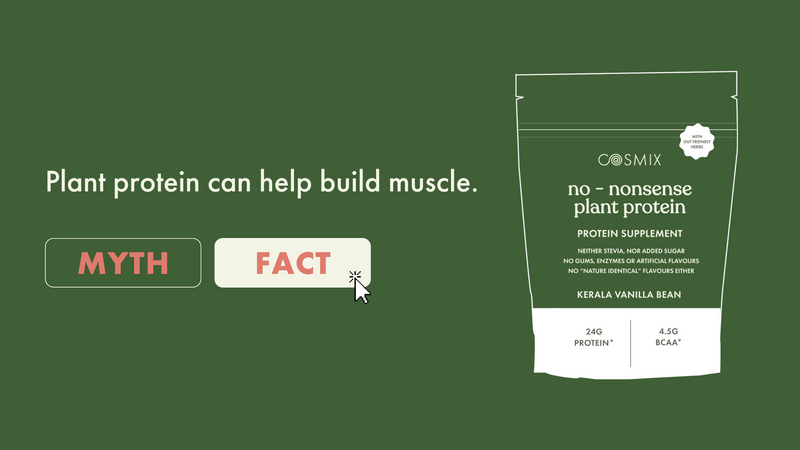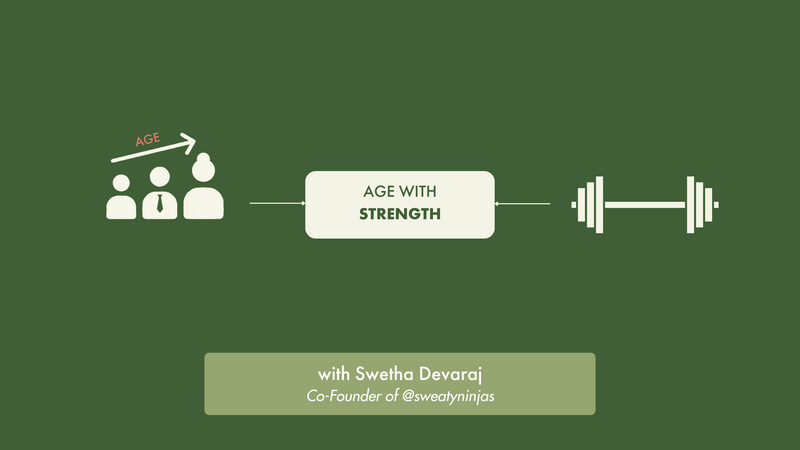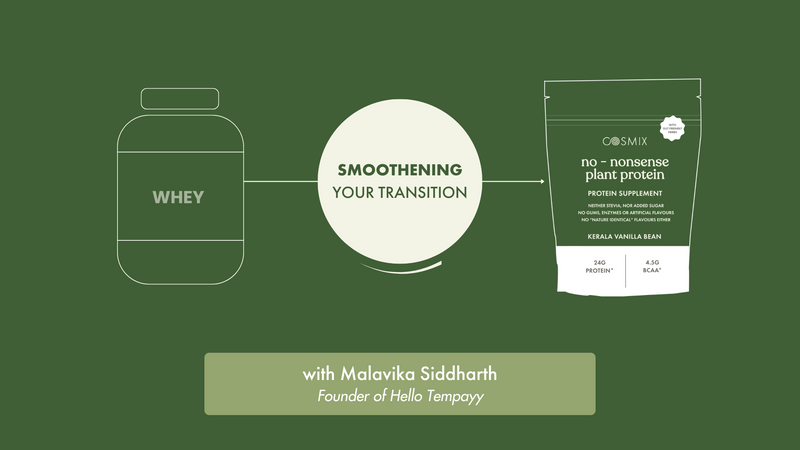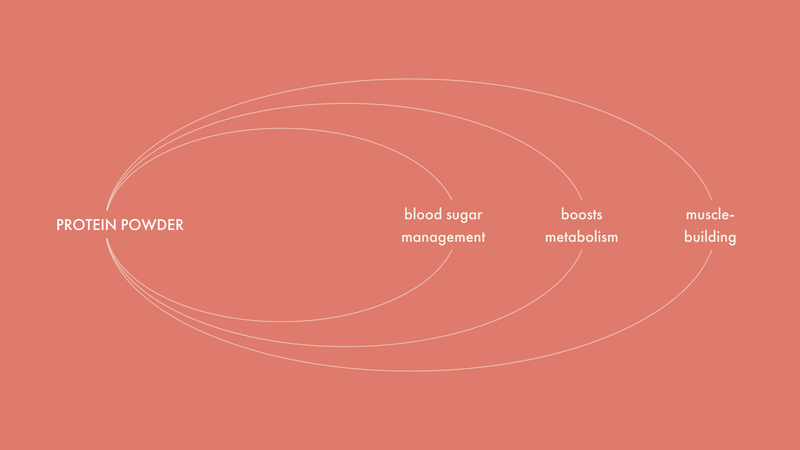Having spent years and years of our lives on a meandering journey through health has done one thing for sure: turned us into sceptics. We’ve gone from being immediately impressed with certain “cures” and “instant fixes” to our eyebrows rising all the way UP at the mention of supplements, treatments and magic pills. It’s ironic for a supplement brand, we know. But we would rather be in the business of being honest and share what we learn along the way, than over-promise and under deliver.
And that’s how we arrive at today’s topic of discussion: Adaptogens. If you find yourself raising an eyebrow, wondering if adaptogens are just another fleeting trend, this blog is for you.
Buckle up, awaken your inner nerd and get ready to dive right in and know why they may be worth a second look.
What Are Adaptogens, Really?
Adaptogens, simply put, are non toxic plants and substances (fungi) that help us cope with stress, whether physical, emotional or environmental. They help our bodies maintain a balance by “adapt”-ing to the body's current state. Think of them as your body's very own stress-response enhancers.
But, we get it. Herbs that supposedly make you “adapt” to stress sound too good to be true. So, let’s unpack the science.
The Science Behind Adaptogens
Adaptogens have been used in traditional medicine systems for centuries, particularly in Ayurvedic and Traditional Chinese medicine. However, their integration into modern health practices is fairly recent, driven by a growing body of research.
How Do They Work?
Adaptogens function at a molecular level by bringing about a state of balance in the HPA axis (Hypothalamic, pituitary and adrenal glands) which is involved in our stress response. You can think of adaptogens as “stress hackers”. What does this mean?
Observe the cycle your body goes through when you’re under stress. First you’re alarmed, then you’re in a state of resistance i.e. your body is increasing your ability to focus and tackle the situation effectively, and finally, it all ends in a wave of exhaustion. This is also called the three-stage process known as General Adaptation Syndrome (GAS):
- Alarm Phase: Your body reacts to stress with a "fight or flight" response.
- Resistance Phase: If the stress continues, your body attempts to adapt and cope.
- Exhaustion Phase: Prolonged stress depletes your body's resources, leading to burnout.
The sweet spot in the stress cycle is the one in the middle - where your focus is sharper, your senses are alert and all your concentration is on the issue at hand. Adaptogens enter and do the work of assisting your body in staying in that sweet spot for longer. They help us ride the wave longer and slowly ease into the next phase, rather than dramatically crash and burn. They do this by interacting with the hypothalamic-pituitary-adrenal (HPA) axis and the sympathetic nervous system, both of which are crucial in your body’s stress response.
But Why Is This Important?
Get ready to travel back in time - all the way to the Stone Age. Our ancestors hunted other prey and predators. And a fight or flight response was especially important for survival in the wild. And as dramatic as the implications were, life was really simple back then: eat, sleep, hunt, repeat. So, the function of hormones like adrenaline and cortisol was quite controlled.
Now flash forward to current life. We’re under some kind of pressure ALL. THE. TIME. Be it that deadline at work, running out of toilet paper (yes, that can be very stressful), surviving capitalism or personal emotional drama. We’re pretty much in a fight or flight mode all day. The result? You spend more time in the alarm phase and the phase of exhaustion – this could also solve the mystery of why you feel tired all the time, even after getting 8 hours of sleep.
So cortisol is basically having an unchaperoned party in our bodies. And you need the party police, i.e. Adaptogens to rein it in because chronic cortisol can have a domino effect on the rest of our health. Read more about this here.
Busting Some Common Myths About Adaptogens
Myth 1: Adaptogens Are Not Effective
This is a common concern with many thinking that they work on a “placebo” effect. Adaptogens are not like caffeine or painkillers. They’re gentle and work over time to build resilience. Consistent use is where the magic happens. Over weeks or months, you might notice improved energy levels, better sleep, and enhanced focus, all indicators that your body is better adapting to stress.
Myth 2: Adaptogens are not safe
Any kind of supplement taken without a specialist’s knowledge is not advisable. And that’s the same when it comes to adaptogens. This is why we work with a team of herbalists and nutritionists when it comes to formulating our mixes. All of our mixes are then tested for heavy metals and microbes by FSSAI approved NABL accredited labs. We update these reports regularly for every batch and you can find them on all our product pages!
Adaptogens as Part of a Holistic Approach
Adaptogens aren’t a cure-all, and they’re not meant to replace other healthy practices like a balanced diet, regular exercise, and sufficient sleep. However, when used as part of a holistic wellness routine, they can be powerful allies in your journey to better health.
Skepticism is healthy, especially in a world overflowing with wellness trends. But with adaptogens, science, tradition, and modern health practices intersect in a way that makes them worth considering. At Cosmix, we’re here to guide you every step of the way, educating you about wellness and only then giving you mixes that don’t just treat symptoms but support your body in achieving true balance.
Ready to Explore Adaptogens?
Whether you’re just starting your journey or looking to deepen your understanding, Cosmix is here to guide you. Check out our range of adaptogenic mixes, specially formulated to support everything from gut health to stress management, and discover how these ancient herbs can help you thrive in today’s fast-paced world.

































